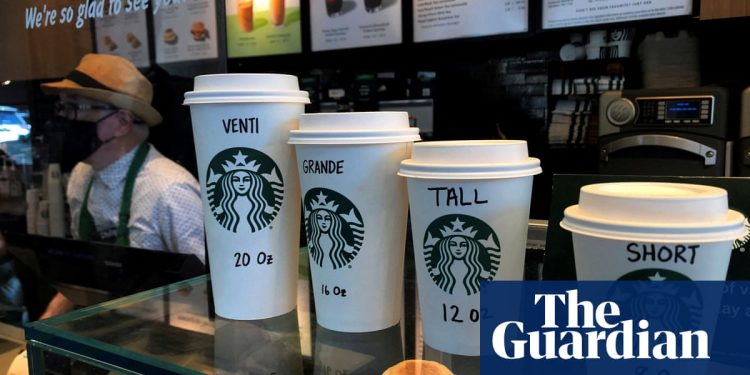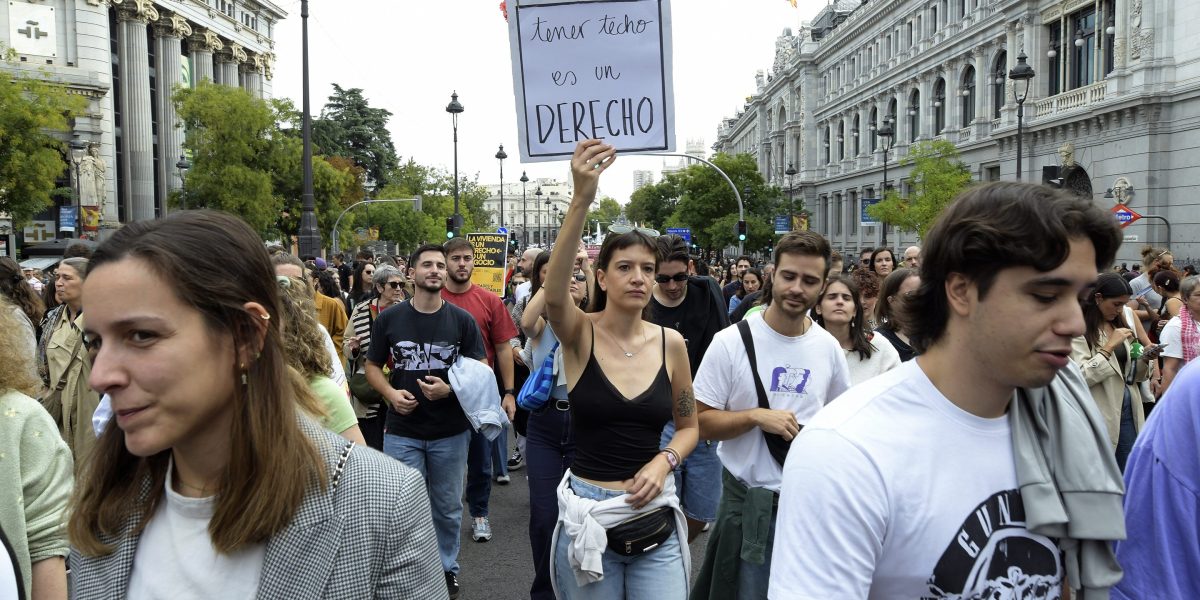Starbucks said people who frequent its cafes in North America must buy something, reversing a policy that allowed anyone to use its restrooms even if they hadn’t made a purchase.
The world’s largest coffee chain this week released a new code of conduct that will be posted in all U.S. and Canadian stores saying that “Starbucks spaces are intended for use by our partners and customers – this includes our coffee shops, our terraces and our toilets”.
Starbucks said it was making the changes because “we want everyone to feel welcome and comfortable in our stores.”
The policy allowing people to use Starbucks restrooms without making a purchase was introduced in 2018 after the arrest of two black men at a branch in Philadelphia, Pennsylvania.
Starbucks was accused by the city’s mayor of actions that appeared to “illustrate what racial discrimination looks like in 2018.” The company temporarily closed all of its stores to conduct racial sensitivity training.
The new policy is being introduced as Brian Niccol, chief executive since September, attempts to turn things around. The company, which has 36,000 outlets in 84 countries, reported a decline in global sales and profits in October and promised to reduce its “overly complex menu” in an attempt to attract customers again with more affordable drinks.
Staff will receive three hours of training before the policy goes into effect on January 27 in more than 11,000 North American stores.
Customers can also use the Starbucks restroom or connect to the Internet before making their purchase. The Wall Street Journal was first to report the rule change, which does not affect UK cafes.
Howard Schulz, the former chief executive who built Starbucks into a global brand, argued in 2022 that having open restrooms presented safety concerns.
The new code of conduct also states that there should be “no misuse or disruption of our spaces”, no harassment or threatening language, no consumption of alcohol imported from elsewhere and no ban on smoking, vaping or beg.
Starbucks’ reversal on free toilet access for non-customers will likely be seen as a blow to disabled people and others like pregnant women, who often have to rely on toilets provided by private companies to do their shopping.
However, Niccol said in October that he wanted to create “that community house experience where people want to be at Starbucks, hang out at Starbucks,” as part of his growth plans.
after newsletter promotion
The company is set to expand free hot or iced coffee refills to all customers who purchase a beverage. Customers tend to buy more if they stay longer.
Sales growth will be crucial for Niccol to justify his appointment as chief executive with one of the largest welcome packages in the company’s history. His salary could rise to $113 million (£93 million), after he agreed to step down as chief executive of restaurant chain Chipotle.
Niccol also fueled controversy by striking a deal to travel from his home in Newport Beach, Calif., to his headquarters in Seattle on a private jet, with associated significant carbon emissions, instead of relocating. Starbucks has said it wants to halve its carbon emissions by 2030 compared to 2019.
The company run by Niccol negotiates with workers trying to gain union recognition. Starbucks staunchly resists workers’ demands and negotiations have broken down, with Niccol’s salary a central issue.
A Starbucks spokesperson said: “Implementing a code of conduct in cafes is something most retailers already have and is a practical step that helps us prioritize our paying customers who wish to sit and enjoy our cafes or who need to use the toilets during their visit. This means that our cafes, terraces and toilets are intended for customers and partners.
“By setting clear expectations for behavior and use of our spaces, we can create a better environment for everyone. These updates are part of a larger set of changes we’re making to improve the coffee experience as we work to return to Starbucks.


